A lesbian has been arrested by the Islamic Revolutionary Guard Corps in West Azerbaijan, according to information received by Iranian LGBT+ organization Shesh-rang (Six Colors). The incident took place in Urmia on October 27 of this year, while the woman, known as Sareh, was trying to cross the border to Turkey.
On November 6, Tasnim news agency, affiliated with the security forces, reported that the IRGC had conducted several arrests on charges of "forming a female trafficking gang and supporting homosexuals" in the area. This is understood to be linked to Sareh's case.
In part, the article read: "The head of a women and girls’ network, trafficking Iranian girls to one of the countries in the region for prostitution and guiding and supporting homosexual groups, was caught during a complex and multi-layered operation involving foreign intelligence services by anonymous agents of Imam-e Zaman in West Azerbaijan."
Sareh, 28, lived and worked in Iraqi Kurdistan. She had previously been arrested and held for 21 days by local police after giving an interview to BBC Persian about the situation of LGBT+ people in her country. On being released, she had made her way to Iran in a bid to cross into Turkey and evade further persecution.
Hours before leaving Iraq, Sareh had made a series of videos in which she spoke with clarity and courage about what had happened. She sent them to a trusted, anonymous person who passed them on to the media and human rights organizations. In one of them, she described being subjected to physical and mental torture behind bars.
"I was detained in Iraq for 21 days because of my interview with the BBC. I was tortured and put in solitary confinement,” she says. “I will be crossing the border. If I reach the other side it’ll be ok. If not, it’ll be obvious what has happened. I’m sending this video... so that you understand how much pressure we bear. Will I ever be able to be myself? I hope one day, all of us will live freely."
In the Islamic Republic of Iran, homosexual intercourse is a crime that in some cases can carry the death penalty. Shadi Sadr, a distinguished human rights lawyer and executive director of Justice for Iran, notes the official threshold for such cases is high: “In relation to offences that are subject to hudud [punishments mandated by sharia law], there must be four witnesses, or else the person must have pleaded guilty four times. If the type of relationship was such that the punishment is not subject to hudud, it can be convicted on a smaller number of witnesses and just one confession."
In recent years, Sadr notes, several cases have been recorded of people punished not for having had homosexual relationships, but just for talking about homosexuality in Iran. Those working to promote the rights of the LGBT+ community often find themselves accused of spreading “propaganda”.
This could end up being the case for Sareh, Sadr says. "The fact is that in the Islamic Republic, not only are the basic rights of the detainee ignored by the IRGC or other security agencies, but the rules and laws of the Islamic Republic itself are alsp not observed.
“According to these rules, the accused can have a lawyer in the preliminary stages and initial interrogations. However, we see that in almost all cases where people are interrogated in security detention centers, they are deprived of the right to a lawyer, the right to speak to their families, and the right to inform others about their situation.
“In a general sense, Sareh seems to be no exception. In addition, physical and psychological torture is widely used in security detention centers. These serve a variety of purposes, first and foremost to force a person to confess against themselves and others in front of a camera. These forced confessions are recorded and then used against them."
Despite the challenges, Sadr also points out that in recent years the LGBT+ movement has expanded, both inside and outside Iran, and that members of this community have begun to raise their voices and demand their rights. This in turn has led to heightened aggression on the part of the government and security forces.
"In a situation where the LGBT+ community is being seen and heard more, the security services are more sensitive and are trying more actively to suppress these movements. An additional factor for the LGBT+ movement is that, unlike many political and social activists in Iran whose families and communities can talk openly about their activities while they’re prison, LGBT+ Iranians often keep their sexual orientation or gender identity hidden from the family. At the time of arrest, they may have no family support, and those on social media cannot easily speak out about them."
The media, Sadr says, can sometimes provide a safe haven for LGBT+ activists, alerting human rights advocates to their cases when they are arrested. "Fortunately, Sareh recorded a video before her arrest. But for many people involved in this field, there is a concern about their identities being revealed to the community. The most important task is to find a solution to this issue in the future.”
Related coverage:
'There's No Place for People Like You Here': Trans Woman Stabbed in Northern Iran
Eight Years On, the Trauma Continues for LGBT+ Iranians Detained at Birthday Party by IRGC
Evin Prison CCTV Hack Reveals Torture and Medical Neglect
Voices From the Basement: Gay and Trans Detainees on Life in Evin Prison
Three Transgender Iranians Arrested Because of Instagram Posts
Four Decades of Prison, Torture and Executions: 100 Stories, the Same Storyline
Gay Iranian Man Murdered by Family on Being 'Outed' by Military Service Card
Disowned by Their Families, Iranian Trans Women Turn to Sex Work
visit the accountability section
In this section of Iran Wire, you can contact the officials and launch your campaign for various problems




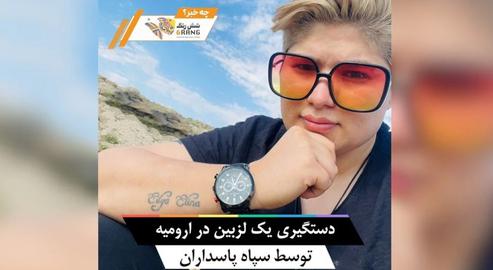










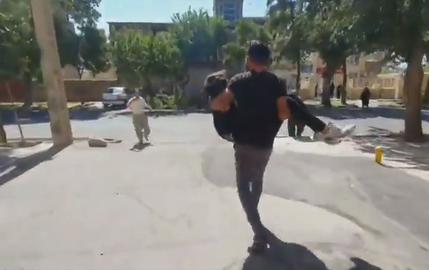
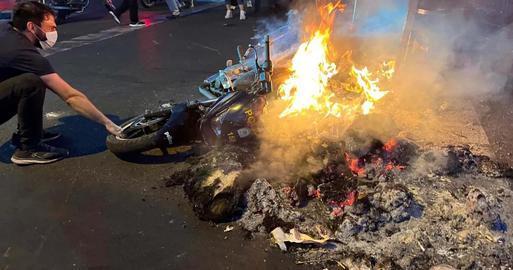
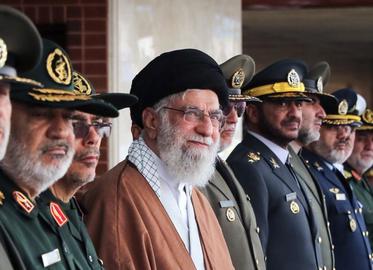
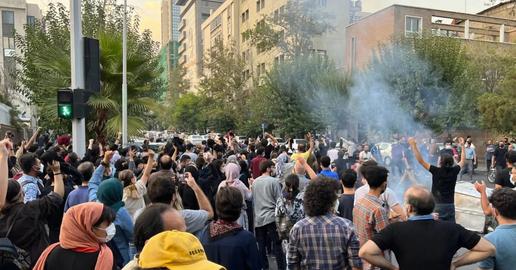









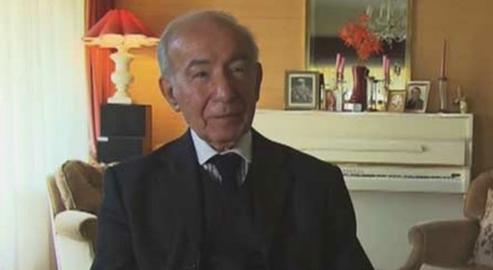
comments